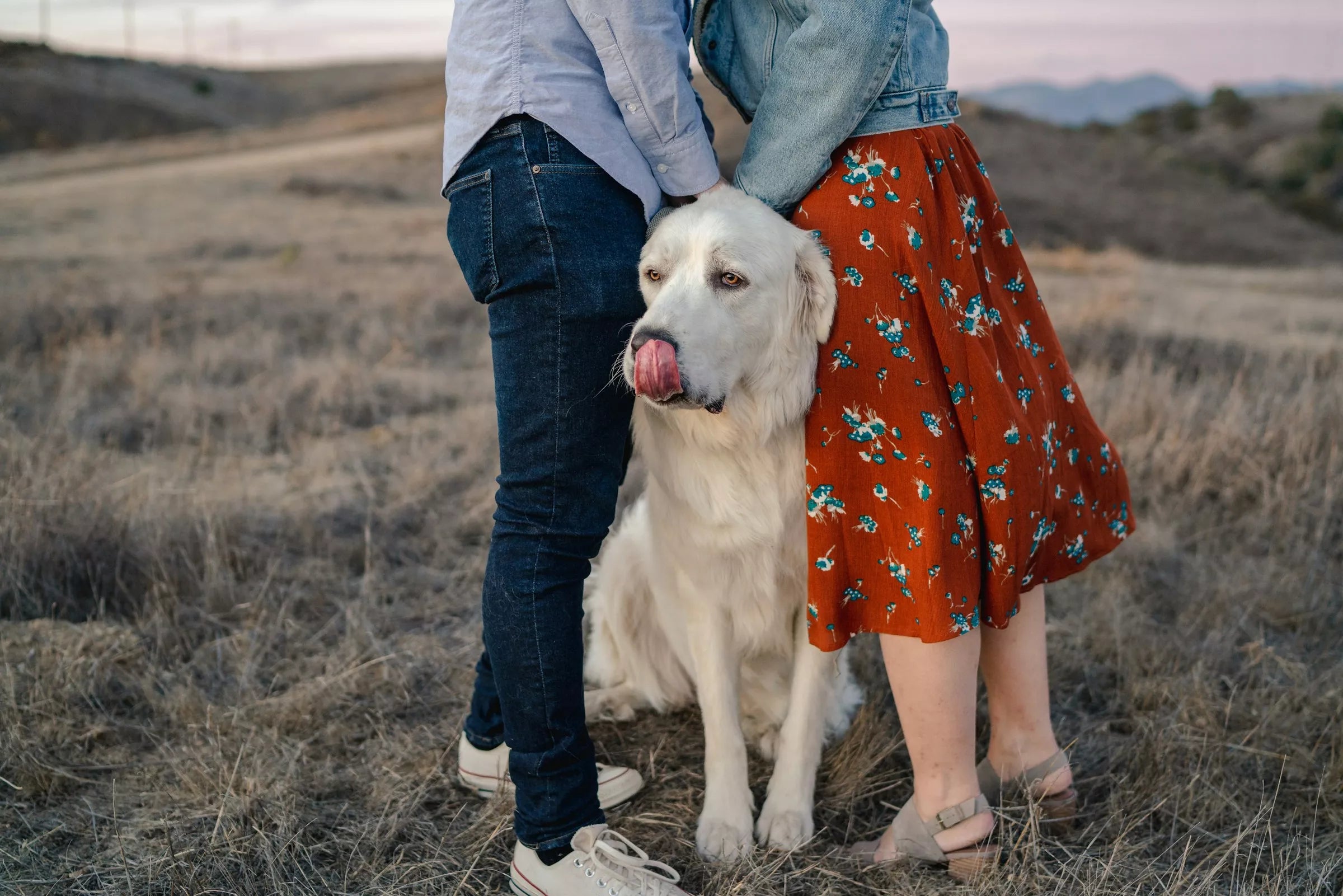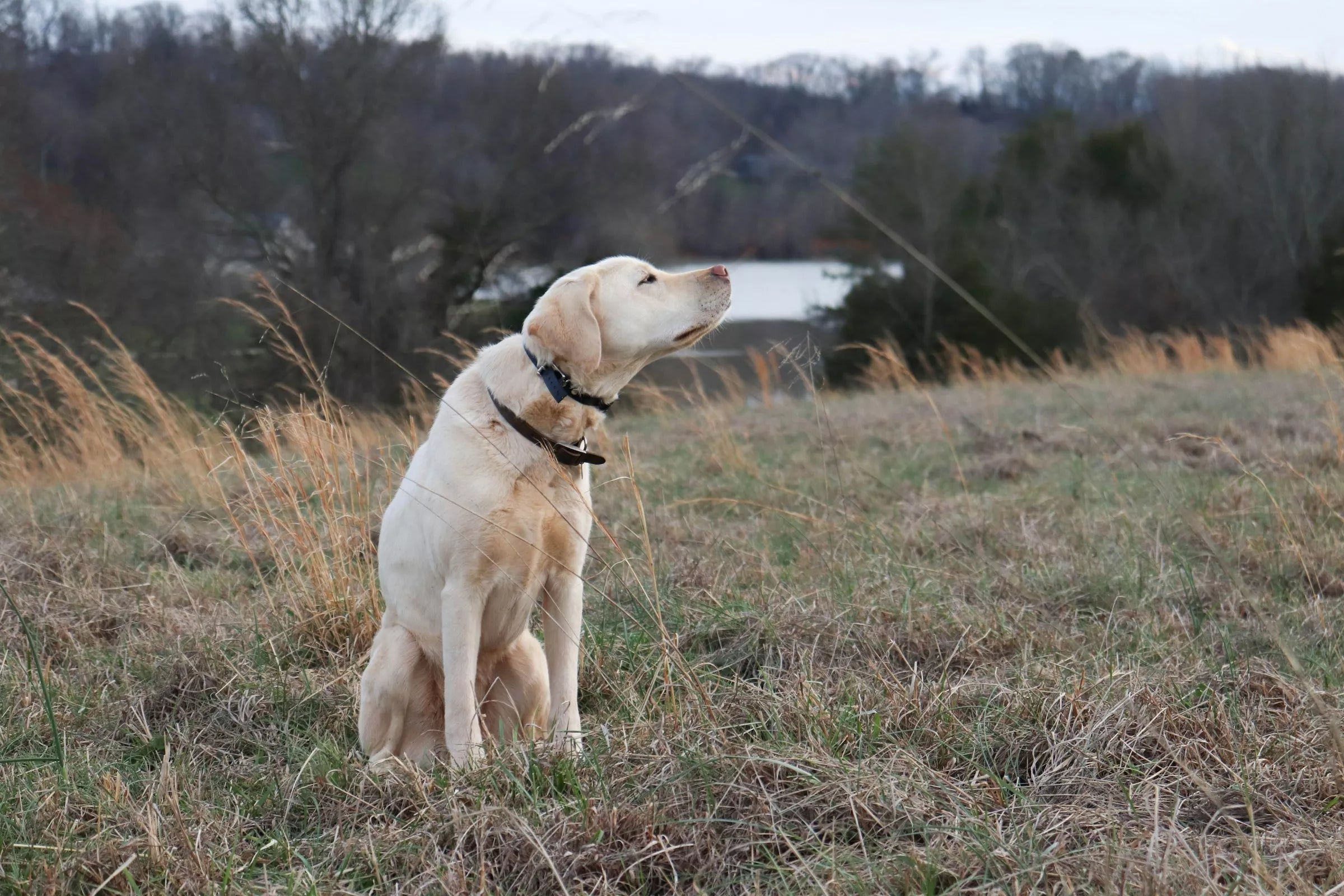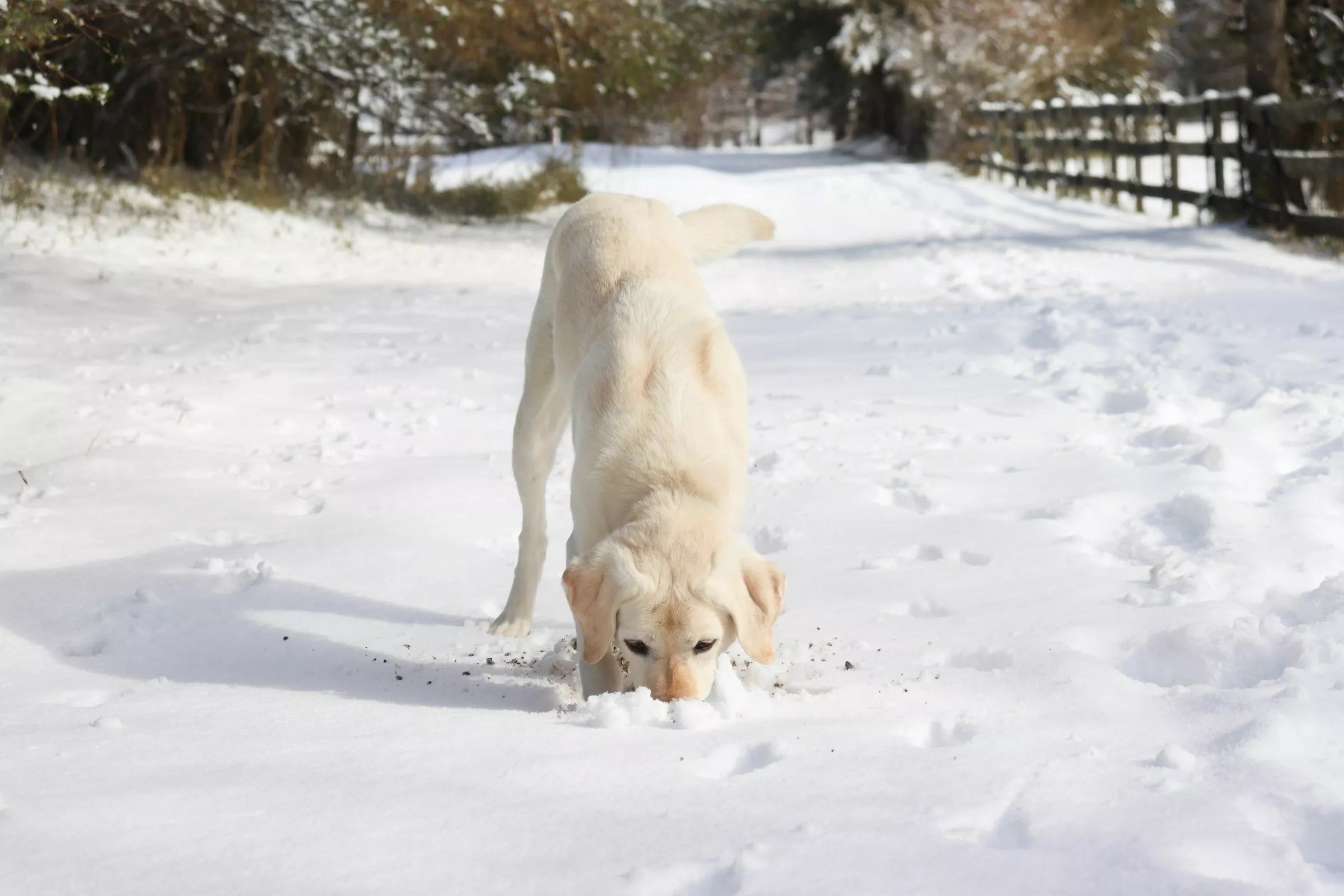Jump to Section
- What Is Evolution?
- How Fast Are Dogs Evolving?
- Genetic Changes in Dogs
- Behavioural Evolution
- Comparison to Humans
- What This Means for Dog Owners
- FAQs
What Is Evolution?
Evolution is the process by which organisms adapt over generations through changes in their DNA. These changes can be driven by natural selection, environment, or human influence (especially in domesticated species).
How Fast Are Dogs Evolving?
Compared to many species, dogs are evolving incredibly fast — largely due to their close relationship with humans. In just 15,000–40,000 years, dogs have diverged significantly from wolves, not only in appearance but also in social behaviour and cognition.
Genetic Changes in Dogs

- Wide variation in skull shapes, coat types, and body sizes
- Changes in digestion — many dogs now produce more amylase, allowing them to digest starch
- Greater social receptivity to humans compared to wolves
Behavioural Evolution
Dogs have evolved to interpret human emotions, respond to our gestures, and live in social harmony with people. This behavioural adaptation is often cited as one of the most rapid and complex examples of evolution in the animal kingdom.
Modern dogs can:
- Recognise human words and facial expressions
- Form deep emotional bonds with humans
- Communicate their needs more clearly than their ancestors
Comparison to Humans

Humans continue to evolve too, but at a slower rate in some respects — especially since cultural and technological advances often replace the need for biological adaptation. In contrast, dogs are evolving rapidly in response to their environment: namely, us.
So while dogs may not be evolving in complexity faster than humans, the **pace of visible, measurable change** (in genetics, behaviour, and physiology) is certainly impressive.
What This Means for Dog Owners
Understanding how dogs are changing helps us support their wellbeing. For example:
- Modern dogs often need more mental stimulation — they’re smarter than ever
- Some breeds have evolved traits that require specialised care (e.g. flat-faced dogs)
- The bond between humans and dogs is stronger than ever, and deserves nurturing
As dogs continue to evolve alongside us, we have a responsibility to meet their changing needs — from enrichment to ethical breeding and beyond.
FAQs
Are dogs really evolving faster than humans?
In terms of observable traits and behaviour, yes — dogs are adapting rapidly to human environments, thanks to selective breeding and close cohabitation.
How long have dogs been evolving alongside humans?
Dogs began their evolutionary journey with humans approximately 15,000–40,000 years ago, diverging from grey wolves through domestication.
What are some signs of recent evolution in dogs?
Modern dogs can digest carbohydrates better than wolves, respond to human cues, and show breed-specific physical adaptations developed in just a few centuries.
Is selective breeding considered evolution?
Yes — selective breeding is a form of artificial selection, a powerful evolutionary force that accelerates genetic change based on human preferences.
Will dogs keep evolving?
Absolutely. As our lifestyles, environments, and expectations change, dogs will continue to adapt genetically and behaviourally to fit with us.















Share:
Are Harnesses Better Than Collars?
What Dog Harness Should I Get?